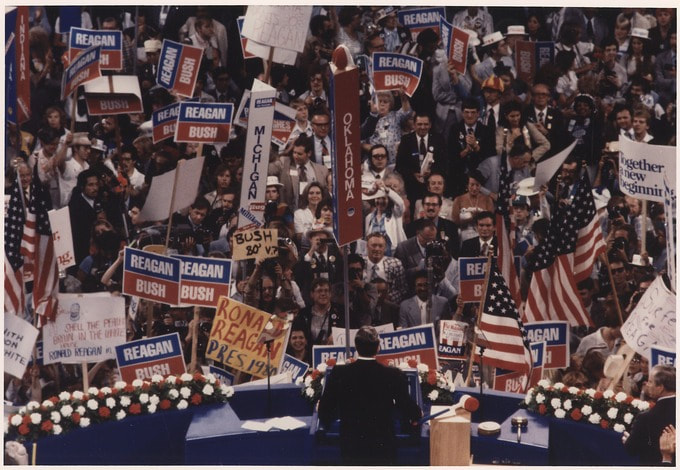Introduction Participation in the American political process comes with the expectation that one of the two major parties (Republican and Democrat), one of the “lesser evils” will prevail, and that voting is a means of either harm reduction or advancing a candidate which fits the expectations and preferences of the voter. In rare circumstances does an Independent or third-party candidate succeed, especially on the Federal Level. When it comes to local politics like state legislatures, city councils, or other municipal entities, smaller or offshoot parties have a stronger chance of holding office. Parties like the Vermont Progressive Party and the Libertarian Party are examples of parties that hold some seats and influence at the State level. This may be due to a multitude of reasons but likely as a result of the low cost of entry into the political arena. We’ve seen Congressional races eat up millions of dollars for the purpose of political advertisement and the tendency for incumbent politicians to openly support their own party interests. I say own party interests as those currently holding Congressional seats tend to enjoy the endorsement from party leaders and a war chest built by corporations and capital interests. There lies a barrier for working-class Americans to enter the political sphere. This is not to say that no working-class Americans ever get into politics or hold power, rather the difficulty for a member of the working class to succeed is far higher than business owners, established political players, and those holding onto wealth and resources. We’ve watched Presidential candidates buy their way onto the ballot while third party candidates frantically travel from state to state, collecting signatures in a race against time. Democratic and Republican candidates can be found on every State’s ballot, but not all third party and independent candidates are featured due to different State regulations and guidelines. This alone severely limits the choice Americans have at Election time. Where working class candidates have the greatest impact and easiest access to political participation is at the local level. City and county level races require less traveling, less funds, and less votes to win an election than those seeking Congressional seats. Local elections tend to produce immediate changes to communities through ordinances and spending tax revenue on municipal projects. And focusing on local offices supports community building and stronger relationships with neighbors and residents. We need not focus solely on Federal offices to enact change. The challenge, however, is progressive and working-class candidates running for office in conservative states (states, counties, and cities dominated not only by the Republican Party but also by conservative attitudes, views, and political ideology). One does not need to be a member of the Republican Party to hold conservative views or promote policies that work counter to the needs of the working-class. We can see this with Democratic Party members like Henry Cuellar in Texas or Mark Pryor from Arkansas who have voiced opposition to policies benefiting working-class Americans like increasing the minimum wage and strengthening labor unions. Running against a conservative incumbent, even as a popular progressive candidate, will draw the ire and scrutiny of party elites and loyalists. But why run with the Democratic Party when their platform has been ineffective and cosmetic at best, and damaging at worst? Certainly, it would be best for one to engage in the political process with the party one most closely identifies with, however that path becomes obscured and difficult running in conservative regions of the United States. Third parties still enjoy easier access to political office on the local level compared to Congressional offices, even in conservative states, however third parties are far more likely to enjoy success in progressive regions than in conservative ones. It is for that reason that one must weigh the pros and cons of engaging with an established political entity to navigate through the American political system, even if said party runs counter to the needs and wants of the working-class. The purpose of electoral engagement is not to hold power, rather it is to openly display class antagonisms and the fault in our current economic system. I highly recommend reading Rosa Luxembourg’s Reform or Revolution for a deeper analysis on why reform alone is not a viable means of changing the economic system but how engaging in the electoral process can benefit the working-class. This document is not meant to go further into that discussion or add more to Luxembourg’s thoughts, but to detail the process of running as a working-class candidate in a conservative region of the United States. This by no means should be a strict rubric one must follow to the letter, rather a guideline for what to expect should one decide to take the reformist route of political transformation. Engaging in Political |
Details
Archives
July 2024
Categories
All
|

 RSS Feed
RSS Feed